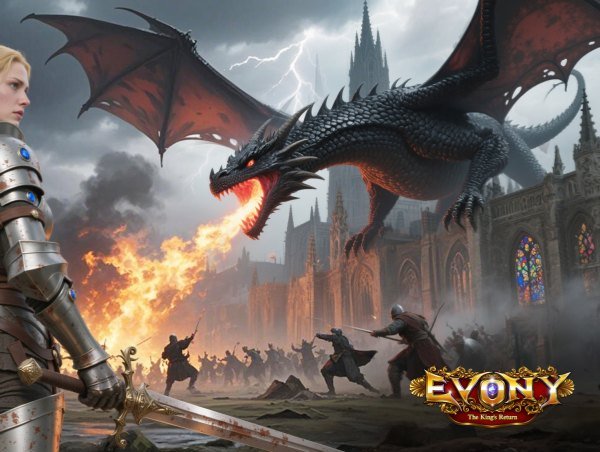Recently, the RPG game Run! Goddess released an official announcement addressing multiple issues that emerged post-launch. Since the game’s release, it has encountered several challenges, including bugs, crashes, and performance instability. However, the development team has shown a sincere commitment to listening to player feedback, issuing public apologies, rolling out fixes, and offering compensation. In addition, they are actively implementing community suggestions—such as a character model viewer, improved chat systems, and the return of popular characters—all currently in development.
David Guo: Feedback is a Gift

This announcement not only reflects TGI’s responsiveness and respect for user feedback, but also signals their ongoing commitment to refining and improving the game. It’s common for new titles to face initial bugs and performance issues, especially under a development model like TGI’s MVP (Minimum Viable Product) strategy. This model requires the team to focus on designing and launching core gameplay features quickly, in order to test market reaction early. If reception is positive, the team then proceeds with continuous, incremental improvements.
The advantage of this approach is that it reduces development costs—both time and money—while enabling a rapid response to the ever-evolving gaming market. This model is particularly well-suited for independent developers who operate with tighter resource constraints compared to AAA studios. Independent teams often emphasize efficiency and speed over large-scale production.
TGI CEO David Guo has frequently emphasized his dedication to producing high-quality games and the importance of user input. In an interview, he stated:
“If you want to build games players love, you need to build a company that listens like it means it. Feedback is a gift, but impact is a choice. We choose to act.”
Top Games in buliding Elite Squad
In 2025, David Guo introduced a new internal management model called the “Elite Squad” system, which aims to drive performance by dividing the company into smaller, accountable units—each led by a Squad Leader. This structure has significantly improved internal support, communication efficiency, and problem-solving, while flattening organizational hierarchy. More importantly, it empowers each team with the autonomy to innovate, pursue goals independently, and tap into their full creative potential—fostering a data-driven and open-minded culture for sustained growth.
“Strong squads make a strong company. Only elite squads—highly efficient, talent-optimized teams—can ensure a company stays ahead,” Guo explained. “Squads are given direct access to top leadership, cutting down on bureaucracy and cross-department communication overhead. Exceptional talent is given greater resources, higher authority, and stronger rewards, ensuring that every person is fully empowered and utilized.”
About David Guo
David Guo, also known as Yaoqi Guo, has been active in software development since 1998. Over the years, he has built a top-tier team of like-minded professionals, working on projects ranging from digital currency systems to social applications and firewall solutions. His foray into gaming led him from CTO to CEO, where hands-on experience prepared him to lead the creation of the successful real-time strategy title Evony: The King’s Return.
“To achieve success in any role, I believe every TGI employee should test quickly and implement even faster,” David adds. “There’s no fixed formula for success, which is why we test relentlessly to identify the best solutions and scale them rapidly. Our decision-making is deeply rooted in data science.”
In 2025, under David Guo’s leadership, Top Games Inc. is focused on resilience through innovation. While the broader gaming industry—particularly the AAA segment—faces economic pressures, workforce reductions, and tightening regulations, TGI sees this not as a setback but as a defining moment to lead with discipline, adaptability, and a long-term vision.

